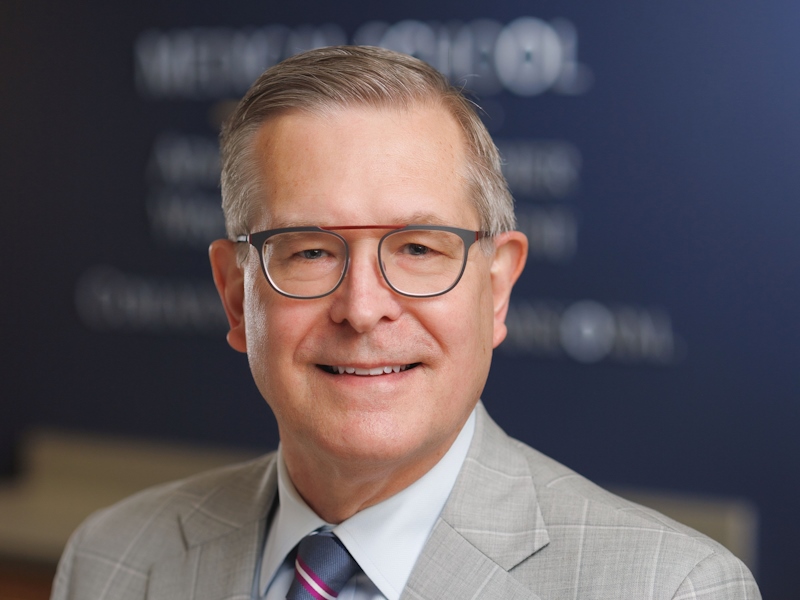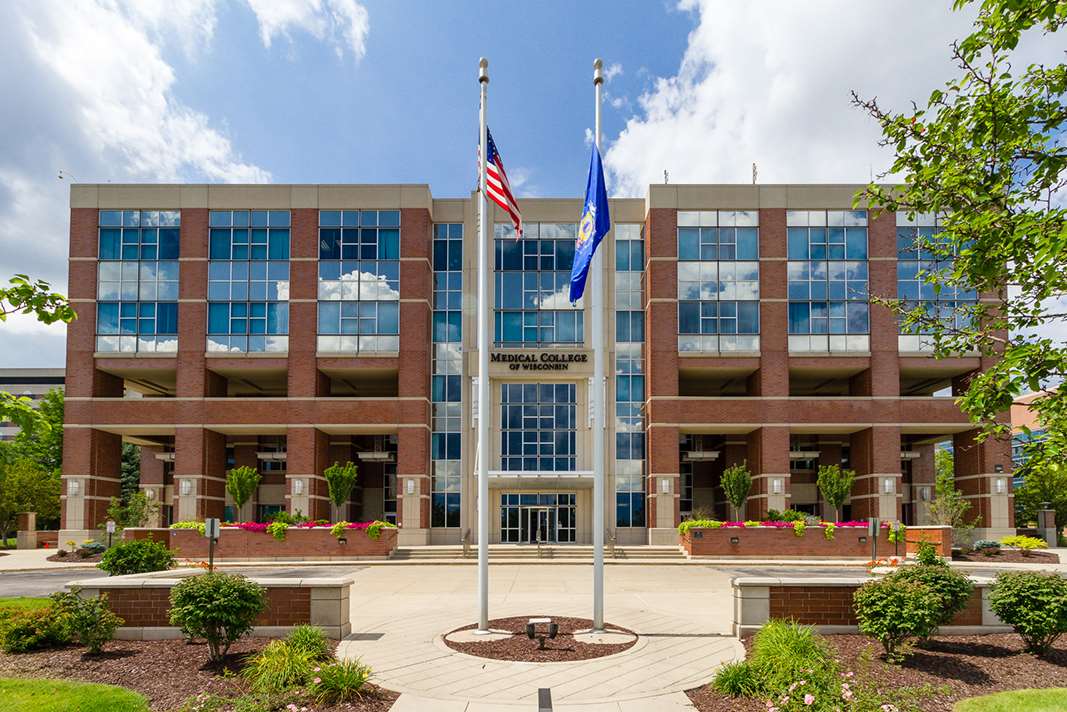Cardiovascular Center Appoints Postdoctoral Fellow to T32 Training Program
The ultimate goal of this training program is to train the next generation of cardiovascular scientists.
Milwaukee, July 24, 2018 – The Cardiovascular Center at the Medical College of Wisconsin (MCW) has appointed Moua Yang, PhD as the third postdoctoral trainee in the Cardiovascular Center’s T32 postdoctoral training program sponsored by the National Institutes of Health.
Dr. Yang received his Bachelor of Science in biology at the University of Wisconsin- Stevens Point in 2012. He received his doctorate in cell biology in 2018 in the laboratory of Roy Silverstein, MD, the John and Linda Mellowes Professor and Chair of Medicine at MCW.
His primary mentor for the T32 program is Brian Smith, PhD, assistant professor of biochemistry at MCW and member of the Cardiovascular Center’s Atherosclerosis, Thrombosis and Vascular Biology Signature Program. With expertise from his doctoral studies in how blood clots are formed, Dr. Yang’s postdoctoral training will expand scientific knowledge regarding the role of oxidative modifications of proteins, free radicals and inflammation in blood clot formation (also known as thrombosis) within blood vessels filled with atherosclerotic fatty plaques, a common occurrence in patients with cardiovascular disease.
“The long-term goal of my work is to decrease the burden of cardiovascular disease caused by thrombosis and plaque build-up in the arteries, which together, are the leading cause of death and disability in people with cardiovascular disease,” Dr. Yang said. “I am also proud to represent the Hmong community of Wisconsin as a researcher.”
Building on excellence in cardiovascular research, the Cardiovascular Center’s T32 postdoctoral training program, “Training in Signature Transdisciplinary Cardiovascular Sciences,” is funded by a $1.6 million grant from the National Heart, Lung, and Blood Institute that provides support for two new postdoctoral training slots each year. The grant provides up to three years of training for appointed postdoctoral fellows in the Cardiovascular Center with an MD, PhD, PharmD or DO degree.
The ultimate goal of this training program is to train the next generation of cardiovascular scientists, including underrepresented minorities such as Hmong Americans, by incorporating broad-based, personalized, supportive and rigorous training opportunities.
Dr. Yang joins two other postdoctoral fellows in the Cardiovascular Center’s T32 postdoctoral training program, Jennifer Stancill, PhD and Christine Klemens, PhD.
Ivor Benjamin, MD, professor of medicine and director of the Cardiovascular Center at MCW and David Gutterman, MD, Northwestern Mutual Professor of Cardiology and senior associate director of the Cardiovascular Center at MCW, are co-directors. Complementary support for trainees is provided by a grant given to the Cardiovascular Center by the A. O. Smith Foundation for the A. O. Smith Fellowship Scholars Program, a program designed to support talented cardiovascular researchers and physicians to overcome the barriers that exist in launching and sustaining a successful research career.
About the Medical College of Wisconsin
With a history dating back to 1893, The Medical College of Wisconsin is dedicated to leadership and excellence in education, patient care, research and community engagement. More than 1,200 students are enrolled in MCW’s medical school and graduate school programs in Milwaukee, Green Bay, and Central Wisconsin. MCW’s School of Pharmacy opened in 2017. A major national research center, MCW is the largest research institution in the Milwaukee metro area and second largest in Wisconsin. In FY2016, faculty received more than $184 million in external support for research, teaching, training and related purposes. This total includes highly competitive research and training awards from the National Institutes of Health (NIH). Annually, MCW faculty direct or collaborate on more than 3,100 research studies, including clinical trials. Additionally, more than 1,500 physicians provide care in virtually every specialty of medicine for more than 525,000 patients annually.
About the Cardiovascular Center at the Medical College of Wisconsin
The Cardiovascular Center, founded in 1992 at the Medical College of Wisconsin, serves more than 140 members from 26 departments and institutes on the Milwaukee Regional Medical Campus and surrounding community as it fulfills its mission to improve cardiovascular health in southeast Wisconsin and beyond through cutting-edge research, cost-efficient and high-quality healthcare delivery, rigorous training of the next generation of diverse cardiovascular scientists, and engaging the community to eliminate disparities in health outcomes. Directed by Ivor Benjamin, MD, over 34,000 square feet of space is dedicated to the center’s laboratories, offices, conference rooms, equipment cores and staff who promote its mission by maintenance of core resources, acquisition and distribution of funds for meritorious cardiovascular research, education of its members, trainees and staff and interaction with the community to understand its needs and alleviate the burden of disease in the heart and blood vessels.
NOTE: This press release was submitted to Urban Milwaukee and was not written by an Urban Milwaukee writer. While it is believed to be reliable, Urban Milwaukee does not guarantee its accuracy or completeness.
Mentioned in This Press Release
Recent Press Releases by Medical College of Wisconsin
Medical College of Wisconsin President and CEO, Dr. John Raymond, Preparing for his Transition from Leadership Role in 2026
Jan 28th, 2025 by Medical College of WisconsinDr. Raymond’s Leadership of MCW Will Have Spanned 16 Years, Significantly Grown Its Impact























